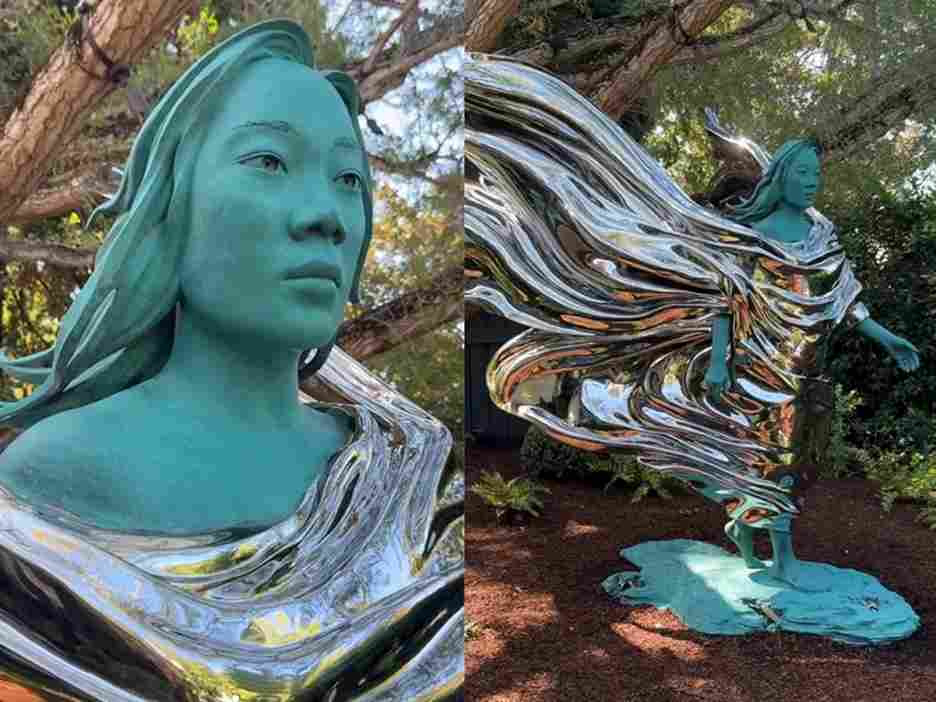Mark Zuckerberg recently revealed that he had a seven-foot turquoise statue of his wife, Priscilla Chan, made as a gift. The Meta CEO shared the statue on Instagram, joking that he was "bringing back the Roman tradition of making sculptures of your wife." This unusual gift has sparked mixed reactions online, with some people finding it sweet and others viewing it as over the top.
The statue, created by New York City-based contemporary artist Daniel Arsham, isn't tied to any specific occasion like a birthday or anniversary. Instead, it appears to be a spontaneous gesture from Zuckerberg to Chan, who has been his partner since their college days. However, the gesture has raised some concerns among relationship experts.
Isabelle Morley, a clinical psychologist specializing in couples therapy, suggests that extravagant gifts like this can be a red flag, depending on the context. Morley notes that for the ultra-wealthy, expensive gifts may not have the same significance as they would for others. She emphasizes the importance of understanding the purpose behind such a gift.
Morley points out that while some people give lavish gifts as a genuine expression of love, others might do so to manipulate or control the recipient. This could be especially true if the gift is meant to compensate for bad behavior or to elicit a specific reaction. Morley suggests that it's important to ask questions like: Was the gift meant to celebrate something, or is there an underlying expectation of how the recipient should respond?
Zuckerberg's decision to share the statue on social media also raises questions. With 14.5 million followers on Instagram, he broadcasted the gift to a wide audience. Morley wonders whether this public display was truly about expressing love for Chan or if it was meant to enhance Zuckerberg's image or provoke a particular response from his wife.
Some research suggests that couples who frequently share their affection online may be less happy in their relationships. Morley also questions whether the gift was something Chan genuinely wanted or if it was more about Zuckerberg's desires.
Ultimately, Morley concludes that the only opinion that matters is Chan's. If she sees the statue as a sweet gesture, then it is. Chan's comment on Zuckerberg's post, "The more of me the better?" with a red heart emoji, and his response, "Always," suggest that she appreciated the gift.







0 Comments